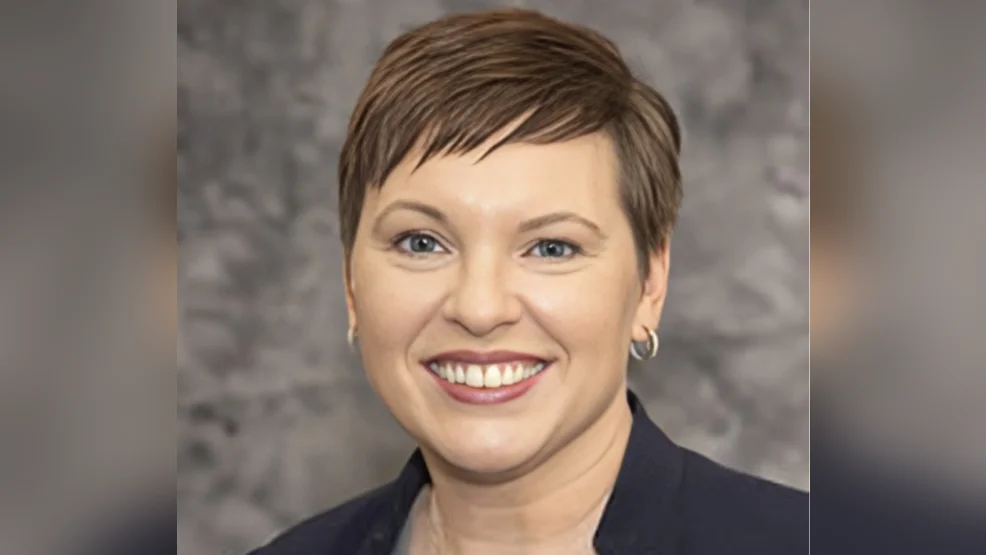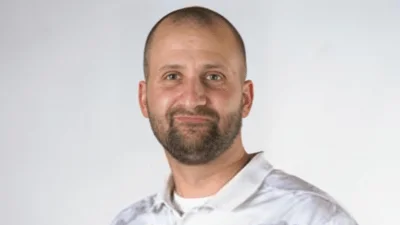Elizabeth Hertel Director | Michigan Department of Health & Human Services Website
Elizabeth Hertel Director | Michigan Department of Health & Human Services Website
The Michigan Department of Health and Human Services (MDHHS) has introduced a new mapping tool to the MI Bridges website. This resource is designed to assist residents in locating substance use disorder (SUD) treatment and recovery services throughout the state.
Initially launched in November, this mapping tool enables users to find licensed SUD treatment locations by entering their ZIP code, city, or county. The tool allows searches based on types of services needed such as inpatient, outpatient, and medication-assisted treatments. It also identifies providers that accept Medicaid. Since its inception, the site has garnered over 6,700 views from more than 3,369 users.
Elizabeth Hertel, MDHHS director, expressed her satisfaction with the development: “I am proud of the work we have done to expand access to substance use disorder treatment for Michigan families,” she stated. She added that the tool helps residents connect with necessary services across the state.
Greg Toutant, CEO of Great Lakes Recovery Centers in the Upper Peninsula, emphasized its importance: “The MI SUD locator site is a critical advancement that provides a centralized tool to help our families, loved ones, providers and stakeholders identify the resources available for treatment and intervention across the state.”
In recent years, MDHHS has taken several steps to improve access to SUD treatment in Michigan. These include transitioning Opioid Health Homes to SUD Health Homes and broadening eligibility for services by including Alcohol Use Disorder and Stimulant Use Disorder diagnoses. They have also expanded Medicaid SUD providers by reducing administrative barriers and offering incentives like loan repayment.
Additionally, MDHHS has collaborated with physicians to increase buprenorphine prescribers in Michigan and initiated early intervention treatments at selected health centers. Support systems have been improved for pregnant individuals in northern Michigan through physician education within the Opioid Home Health network.
Further efforts include supporting substance-exposed babies through rooming-in practices during treatment and collaborating with parole/probation offices to assist individuals returning from incarceration. Transportation barriers have been addressed by providing over 20,000 rides for SUD-related services statewide.
To address housing needs for recovery patients, MDHHS partnered with the Michigan State Housing Development Authority resulting in nearly 100 new recovery beds targeting high-need counties. The opioid treatment capacity at ten correctional facilities was also expanded benefiting 884 incarcerated individuals.
For additional information about these programs and resources visit the SUD Resources website or consult details on fund allocation via the opioids settlement website.






 Alerts Sign-up
Alerts Sign-up